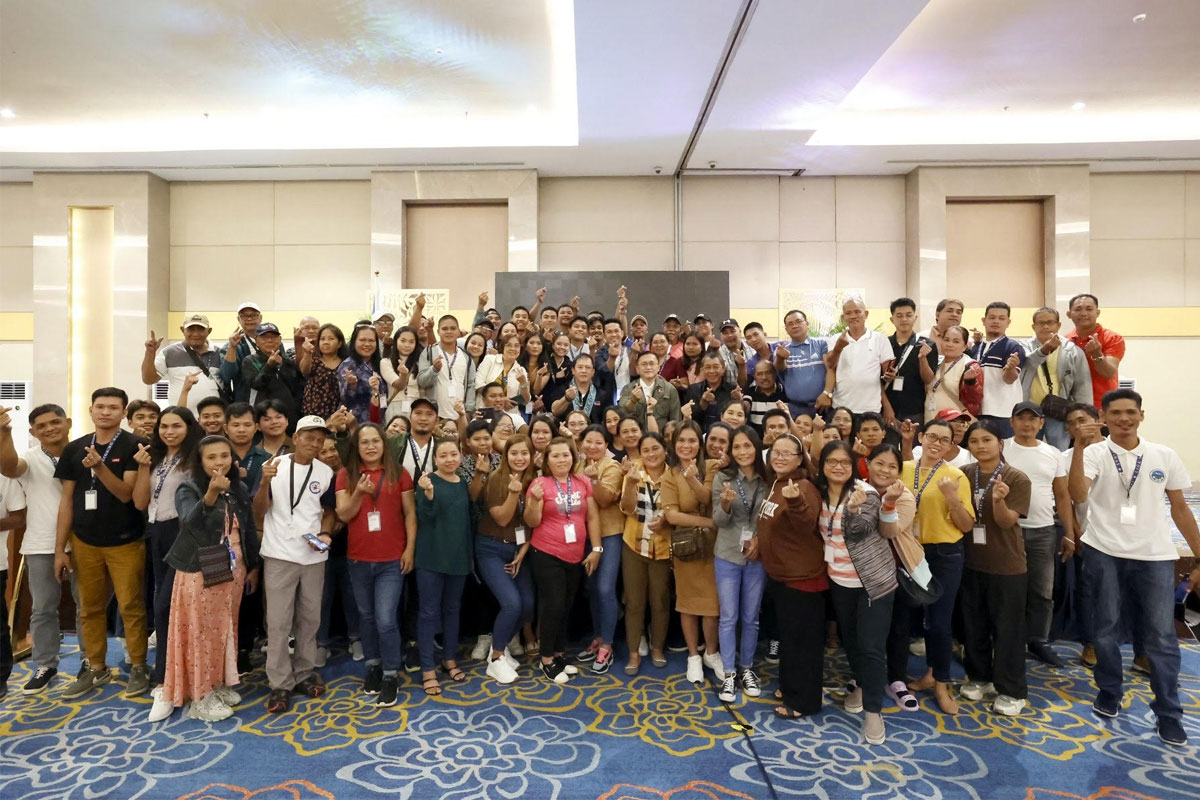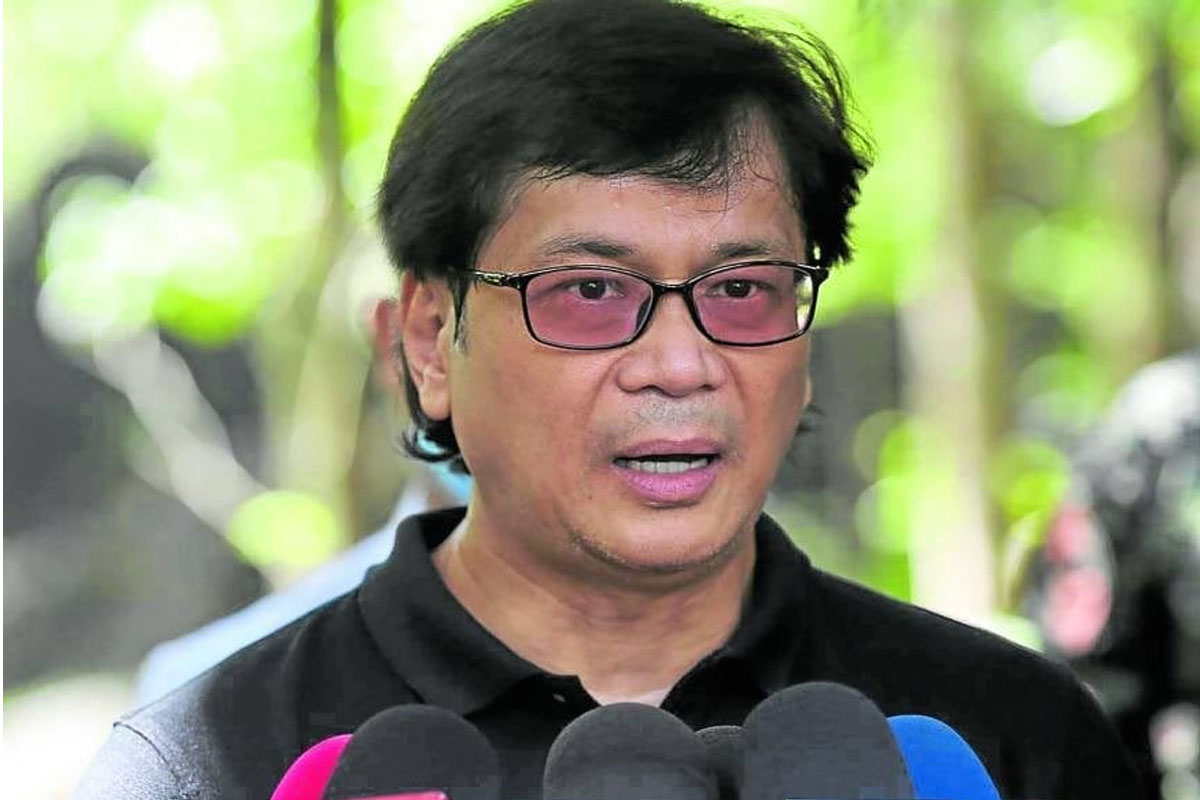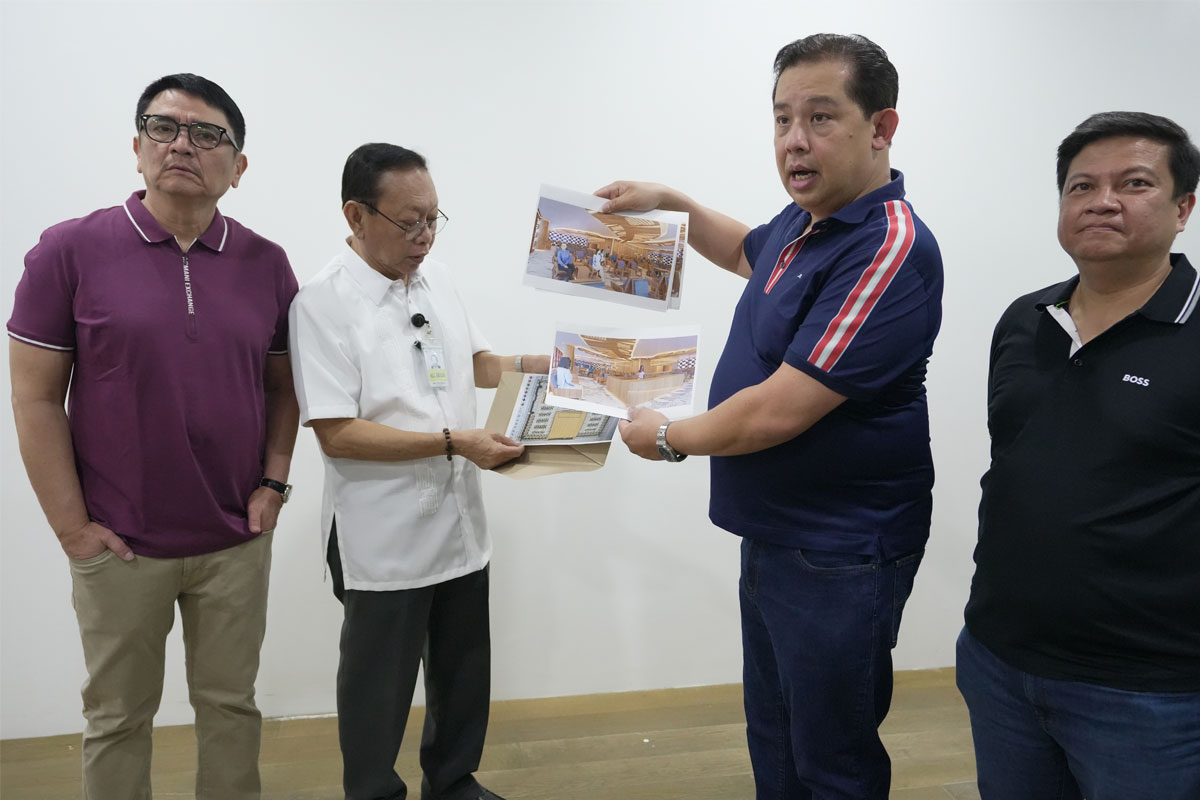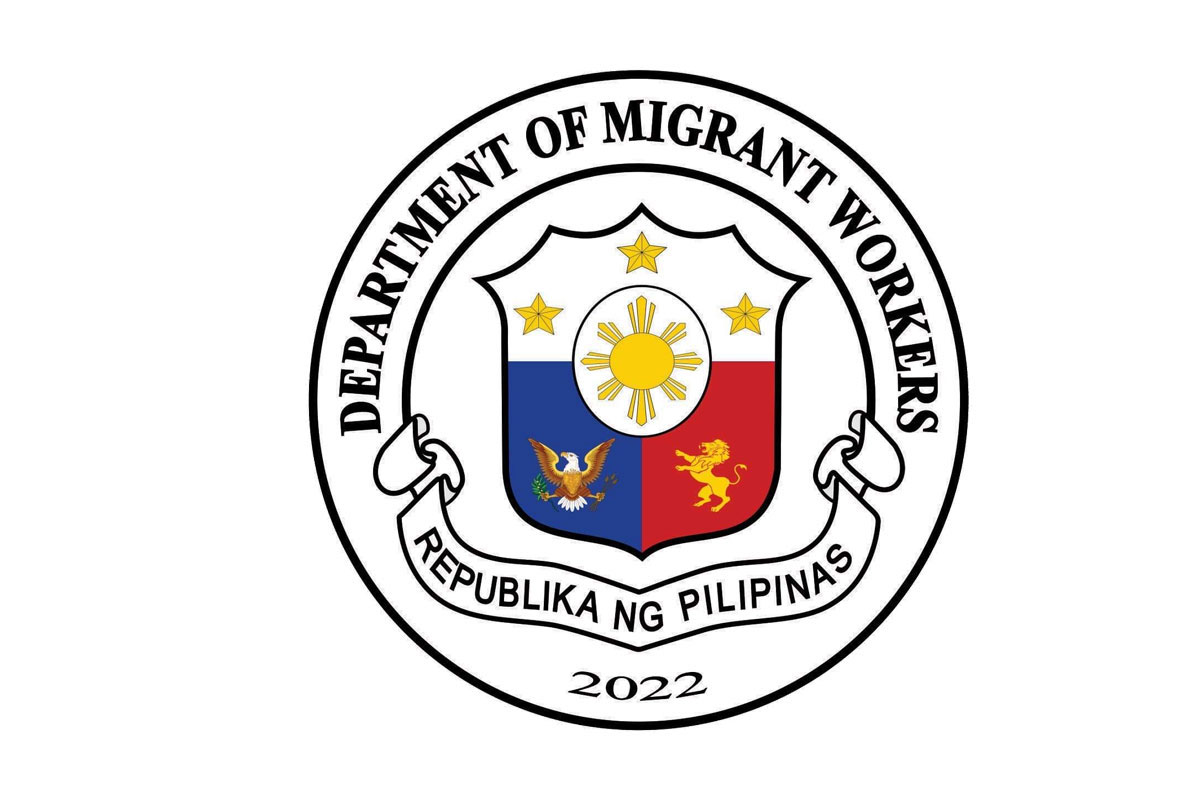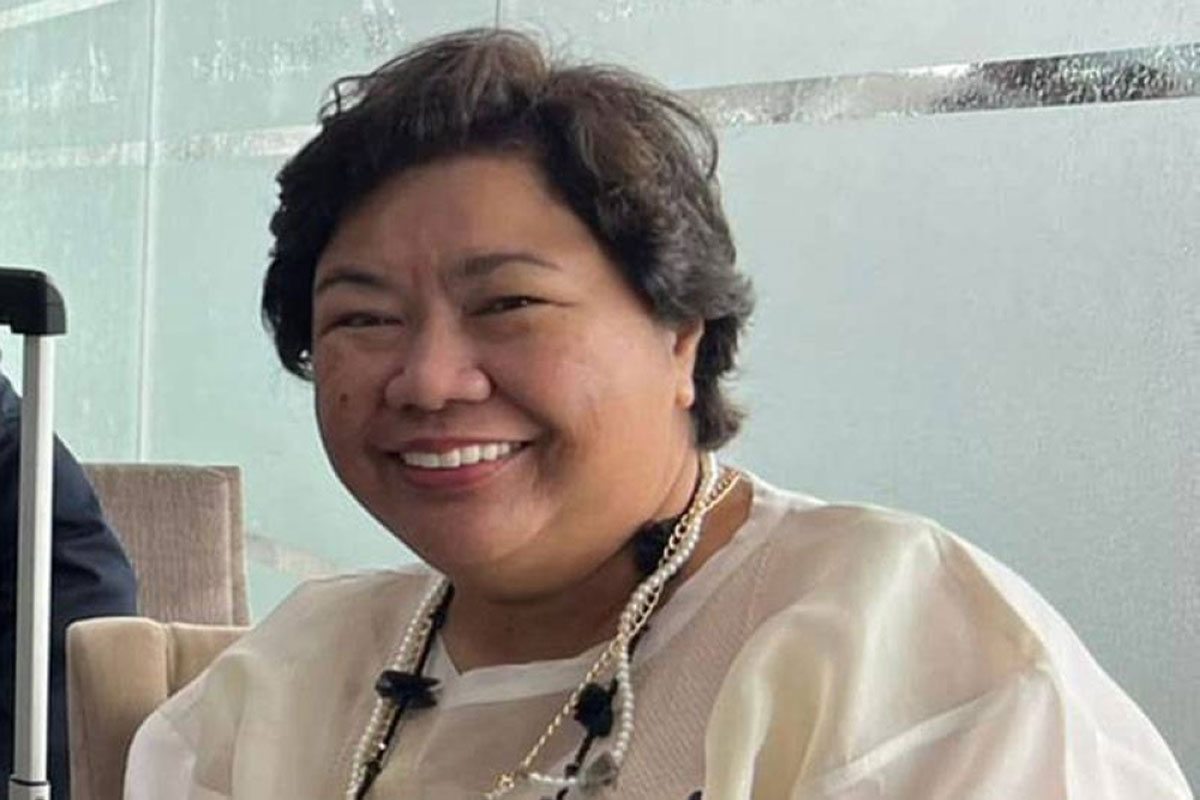
80 Japanese firms to hire more Filipinos
MIGRANT Workers Secretary Susan Ople welcomed the offer from more than 80 Japanese employers to hire more Filipino skilled workers, citing their excellent work ethic and friendly disposition.
“The general sentiment among Japanese employers was that Filipino workers brightened up their workplaces and were highly reliable and trainable,” said Ople, adding that the employers prefer having more Filipino workers in their companies.
Over 80 Japanese employers attended a consultation meeting organized by the Migrant Workers Office in Osaka which is headed by Labor Attaché Elizabeth Estrada.
The meeting with employers was followed by a dialogue with workers employed in Japan under the Technical Internship Training Program (TITP) and Special Skilled Worker (SSW) programs.
Ople, who attended the meetings held in Osaka, joined the official delegation of President Ferdinand Marcos Jr. in Tokyo.
The TITP aims to accept workers from various countries to acquire industrial and vocational skills in Japan to contribute to the improvement of their occupational lives when they return to their home countries. The SSW, meantime, allows the Japanese government to recruit qualified foreign workers in order to fill employment quotas in 14 industrial fields.
Filipino workers assured Ople that they are being treated well and, in fact, said they would prefer to continue to work in Japan if allowed to by the Japanese government and their employers.
“Mababait po ang aming employers. Minsan, sila pa nagdadala ng pagkain para sa amin,” an employee of SuperCourt told Ople.
Because of the positive feedback and in response to the request of Japanese employers for more skilled workers, Ople said a Japan desk will be established in the Office of the Secretary to fast-track the needs of both Japanese employers and Filipino trainees.
Salaries of workers in Japan range from 130,000 yen (P54,548) for entry level TITP trainees and up to 900,000 yen (P377,640) for specialized positions for highly skilled professionals.
Ople noted the major challenge is in hurdling the language proficiency test while already working in Japan. This need is being addressed by the Preparatory Japanese-Language Training (PJLT) program under the existing Japan-Philippines Economic Partnership Agreement (JPEPA).
The PJLT is a language learning intervention mechanism which requires candidates to undergo a 6-month intensive training on Japanese language basics. This Japanese language proficiency program allows a worker to qualify under the SSW program where he must either pass the necessary Japanese language exams and the skills exam corresponding to his chosen industry or have practical experience in the industry in the form of previous technical intern training experience (a minimum of three years of technical intern training)
“We will look into these bottlenecks and obstacles and try to untangle them one by one. Japan has proven to be a reliable partner in overseas employment,” Ople said.












